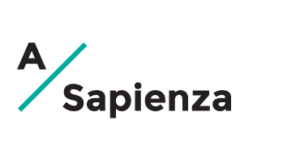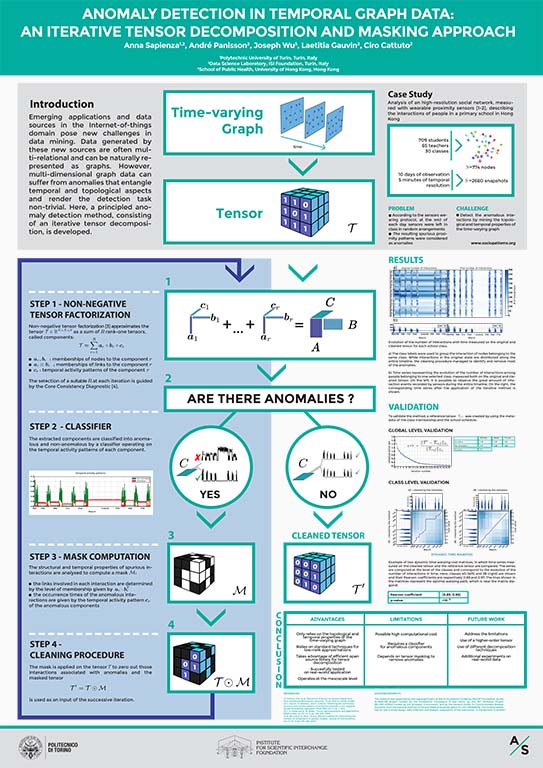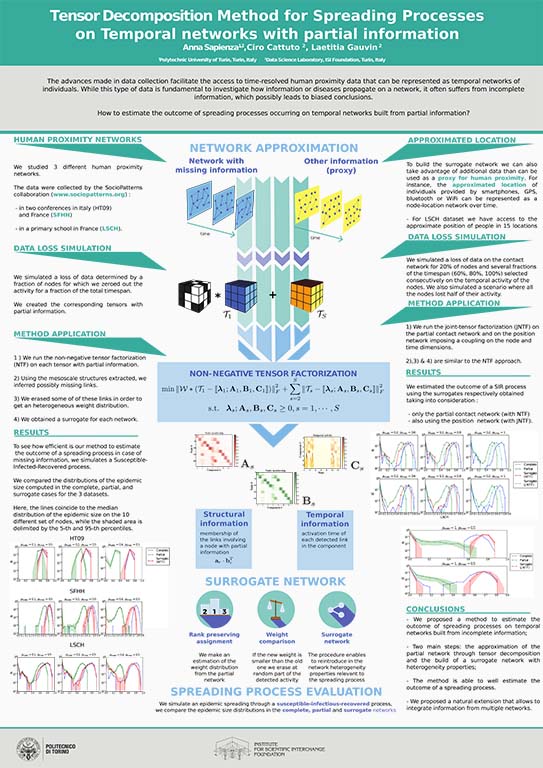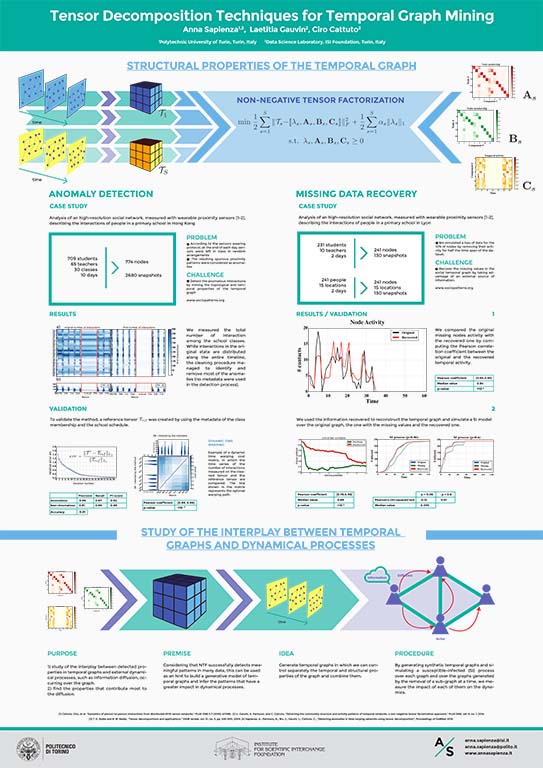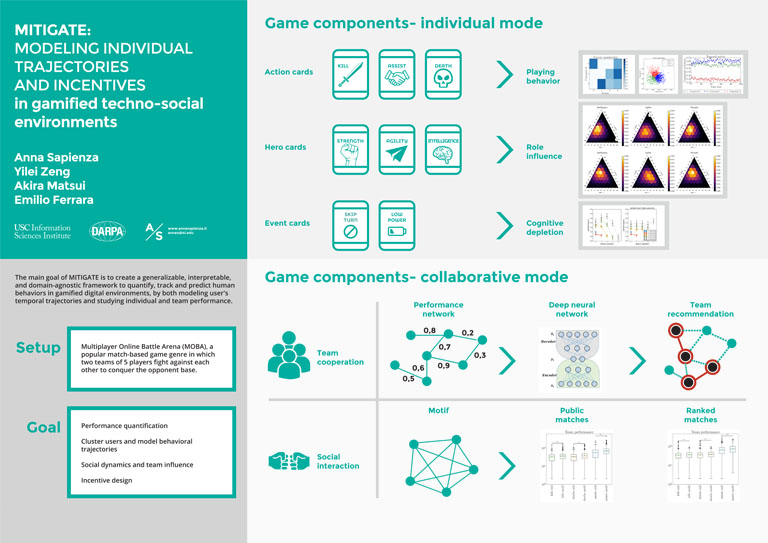ABOUT ME
I am Senior Research Scientist at the ISI Foundation of Turin, Italy and Assistant Professor at the Copenhagen Center for Social Data Science (SODAS) of the University of Copenhagen. Here, I previously worked as a postdoctoral researcher, working in collaboration with the department of Applied Mathematics and Computer Science at the Technical University of Denmark (DTU).
My research interests stay at the intersection of computational social science and data science, with focus on studying human behaviors through digital traces. My current research aims at investigating the use of digital technologies and smartphones to understand their effects on human behaviors.
I hold a PhD in Applied Mathematics from the Polytechnic University of Turin, where I worked in collaboration with the Data Science group at the ISI Foundation of Turin. Here, I focused on the development of tensor factorization techniques and their applications to high-dimensional data of human proximity.
